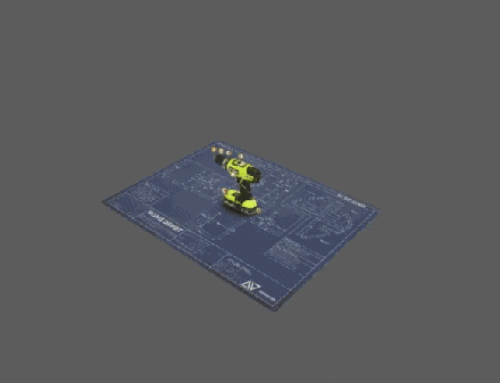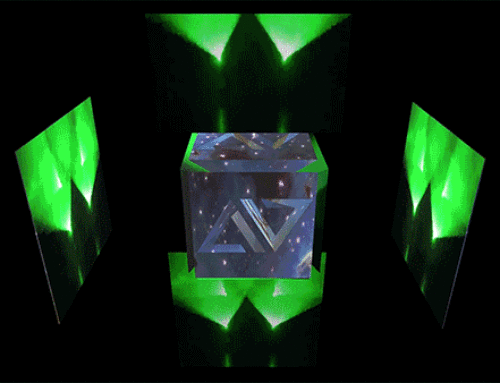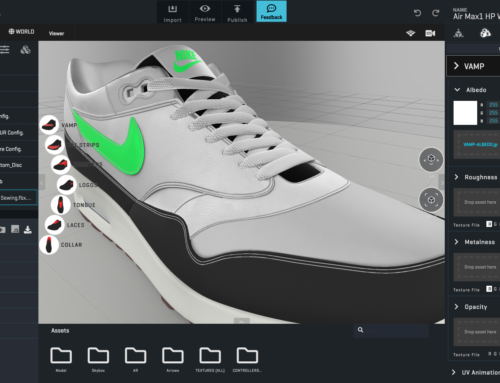At MetaVRse, our mission is to unlock the power of spatial computing for everyone, with the world’s first engine designed to quickly build and deploy incredible interactive 3D and XR experiences on all platforms, browsers and devices. Today, we’re excited to share our latest updates to the MetaVRse Engine.
- Major performance improvements. This is our first major release in a long time to the core rendering engine, resolving key performance issues on both iOS and Android. Among other things, this makes it possible to run many more objects in a scene, with significantly faster configurations and animations. If you’ve ever used the MetaVRse Engine in the past, you’ll notice a huge difference.
- Visual Code Snippets. This officially takes the MetaVRse Engine from low-code to no-code. Drag and drop interactive templates to create buttons and other UI elements that can change mesh colours, move objects, activate animations, and more. (Of course, you can still access the code if you want to!)
- Downsized code. Along with drag-and-drop scripting, the code that you can edit within the Editor has also been massively streamlined.
- Drag-and-drop objects into the viewer. Dragging one of our supported object files into the Editor will automatically take you into a newly improved import process.
- Properties menu for assets. Now when you right-click on assets, you’ll be able to access more information, including file lists and sizes.
- Various UI improvements. We’ve continued to advance the design of the Editor to make your creation experience easier, from enhanced project selection to thumbnails on assets.
This week’s release provides us with a clear path to a fully realized SDK. Over the next several days, we plan to launch new account features, including individual dashboards and project analytics.
Moving into August, we’re focused on further performance and UX improvements, audio and video integration, GLTF support allowing for Sketchfab integration, and multiple scenes. Check out our official development roadmap, and follow us on Twitter @MetaVRse or on LinkedIn to get the latest updates.





